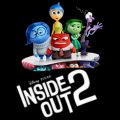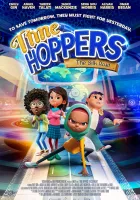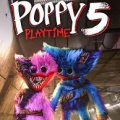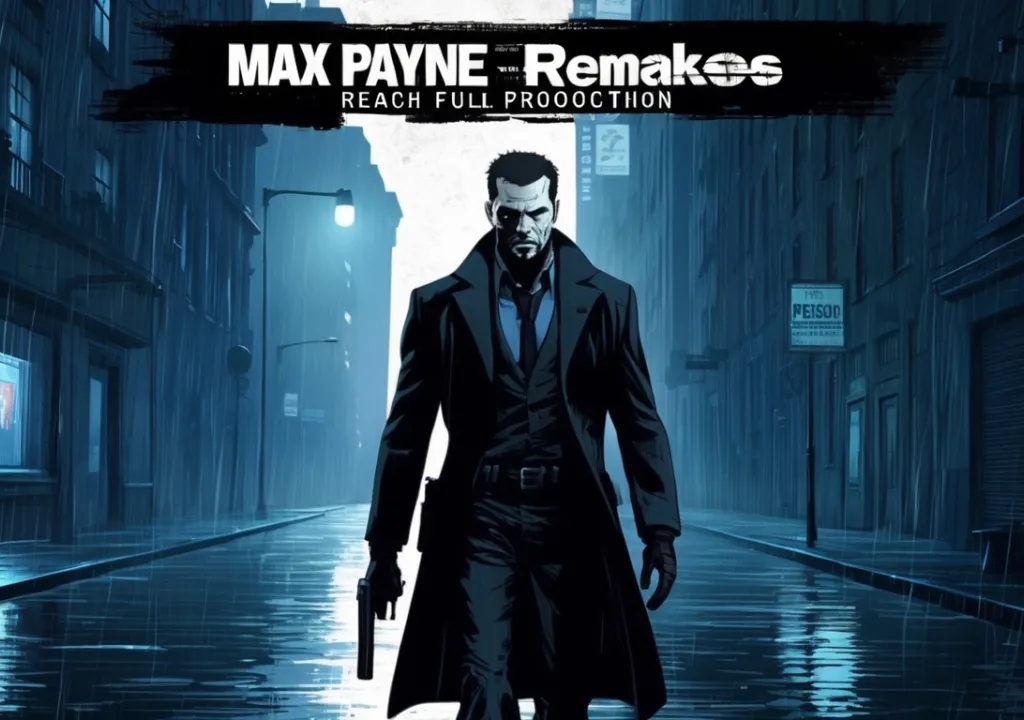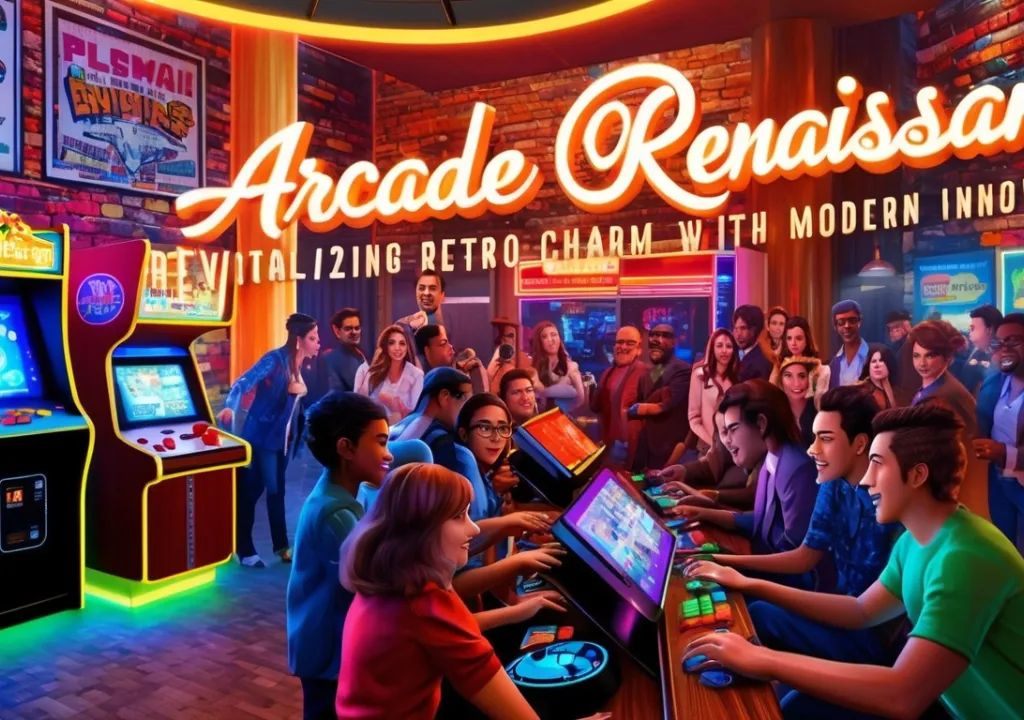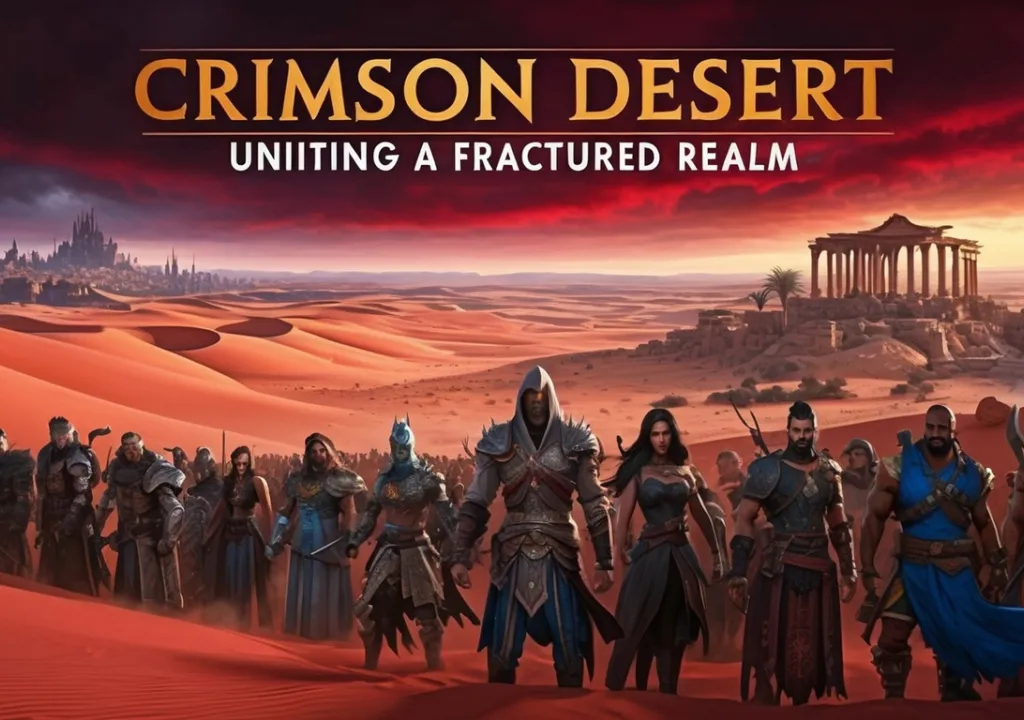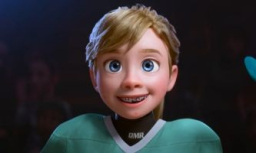
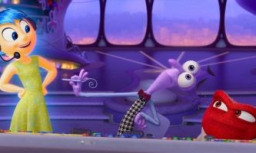
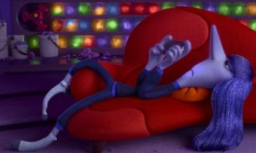
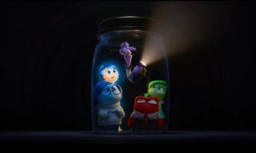
Returning to Riley's Mind: A Leap Beyond Joy
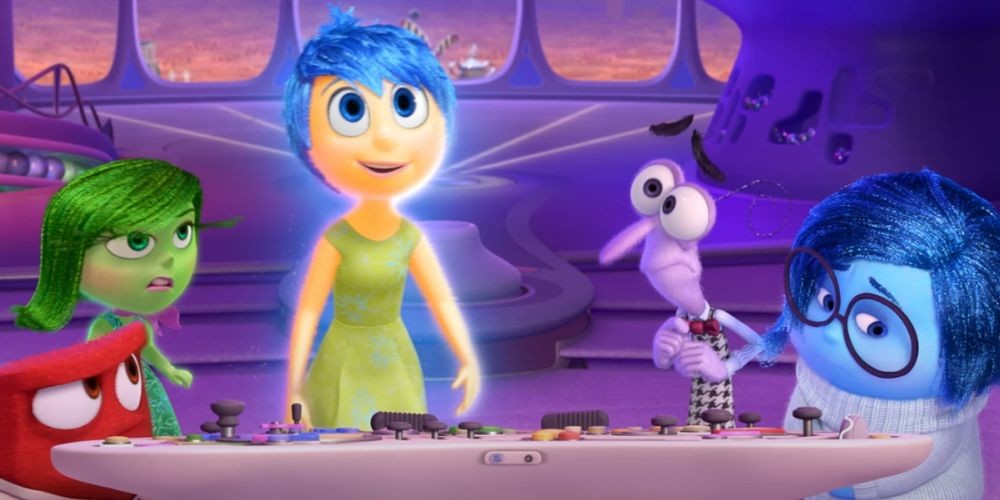
I recently had the opportunity to watch "Inside Out 2," and I found myself enveloped in the familiar yet significantly more complex landscape of Riley's mind. The film, directed by Kelsey Mann, captures the essence of adolescence in a way that feels both genuine and surprisingly profound.
Unfolding a New Chapter
Two years after Riley's move to San Francisco, she's now standing on the brink of high school. As a 13-year-old, Riley is navigating a critical juncture where childhood and teenage life intermingle. What captivated me immediately was how "Inside Out 2" escalated the complexity of Riley's mental world, introducing new emotions like Envy, Embarrassment, Anxiety, and Ennui. These additions had me hooked from the get-go, knowing that Riley's inner life would be more multi-faceted than ever before.
Animation That Speaks Volumes
Pixar's animation has always been top-notch, but in "Inside Out 2," it felt like the studio pushed its boundaries even further. The visual representation of Riley's mind is more intricate, vibrant, and compelling. Scenes like the "Puberty Alarm" upgrade and the avalanche of bad memories were masterfully done, blending vibrant colors and intricate textures to convey the film's emotional depth.
An Evolved 'Sense of Self'
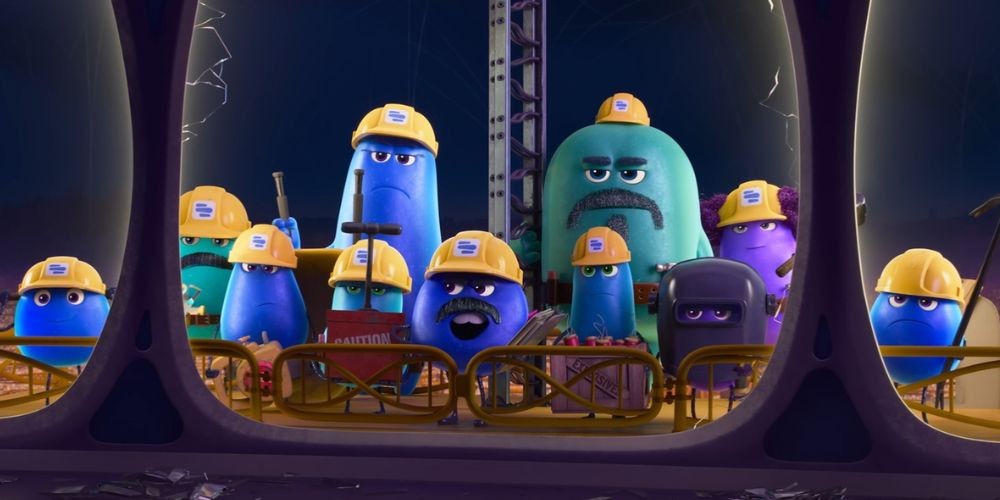
One of the most intriguing elements was the new "Sense of Self" section that houses Riley's core memories and feelings. This section provides a visual and narrative anchor for Riley's evolving personality. It was fascinating to see how this element was used to highlight the conflict between the old and new emotions, showing how adolescence is a time of constant identity shifts.
Engrossing New Emotions
The new emotions added an exhilarating dynamic to Riley's inner world. Maya Hawke's Anxiety stood out as a powerful character who drove much of the plot's conflict and resolution. The other new emotions, like Envy and Embarrassment, brought their own unique flavors, further enriching Riley's emotional landscape. The chemistry between these new characters and the original emotions created a complex interplay that kept the narrative engaging.
A Plot Rich with Emotional Nuance
The storyline extends beyond the superficial trials of teenage life, delving into nuanced emotional landscapes. For example, Anxiety's attempt to create a new Sense of Self for Riley and Joy's subsequent realization that neither she nor Anxiety can define who Riley is, brought a tear to my eye. It’s not just a story about growing up but also about coming to terms with the complexities within us.
Memorable Voice Performances
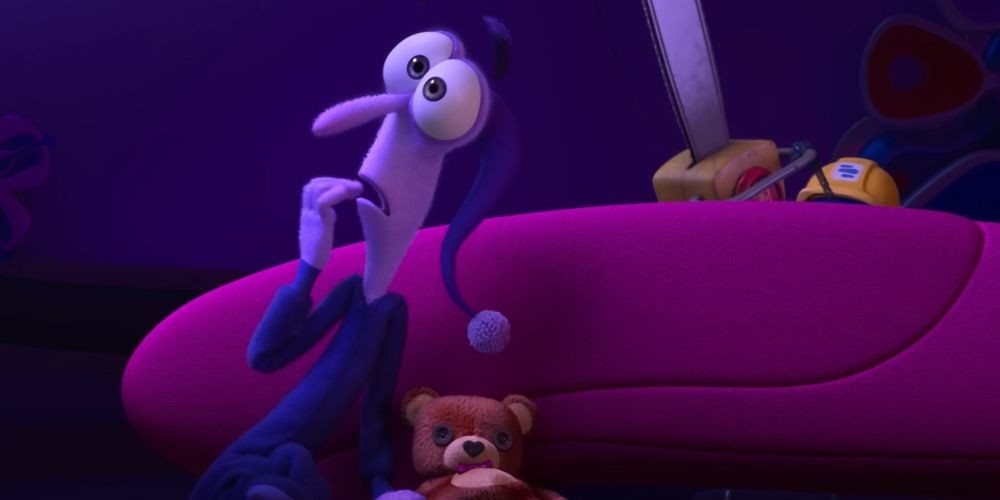
Amy Poehler, reprising her role as Joy, delivers another outstanding performance. Maya Hawke as Anxiety was equally compelling, bringing an authenticity to the emotion that I found incredibly relatable. Kensington Tallman’s portrayal of Riley added a fresh, nuanced layer to the character we've come to love.
The Rollercoaster of Teenage Life
From the pocket-picking of everyday teenage dilemmas to the monumental upheaval of Riley's first high school hockey game, the plot was well-paced and emotionally resonant. The film didn’t shy away from depicting the trials of adolescence, making it relatable for both young viewers and adults who remember their own teenage years.
Comic Relief and Pungent Drama
The movie masterfully balanced humor with drama. Tony Hale and Liza Lapira brought fresh comedic energy to Fear and Disgust, respectively. The interplay between these characters provided moments of levity, which were necessary counterpoints to the film's more intense segments, making the narrative emotionally balanced.
An Intriguing Villain
While "villain" might be too strong a word, Anxiety initially positions herself as an antagonist by trying to redefine Riley's identity. This made for an engrossing conflict that wasn’t just external but deeply internal, forcing Riley and her emotions to confront facets of her personality they'd prefer to ignore or suppress.
A Surprising Depth
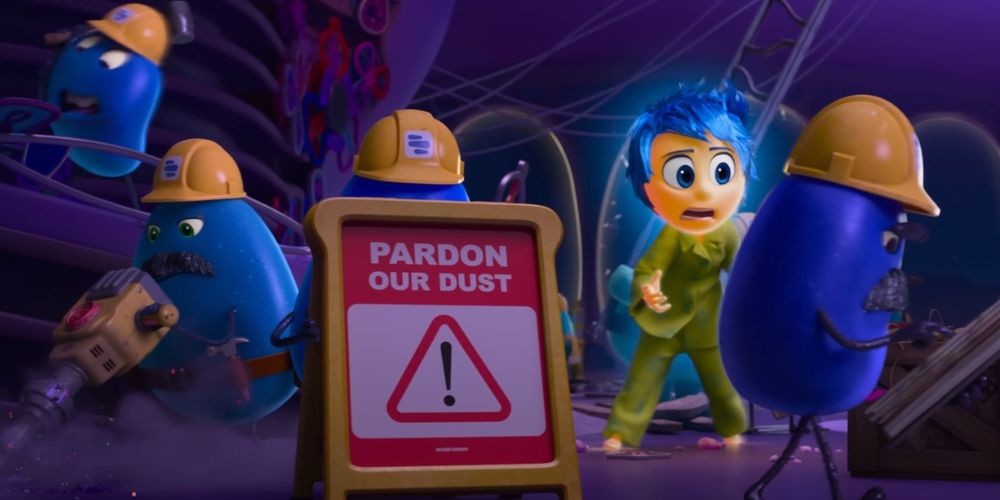
The scenes that stood out most to me were those depicting Riley's internal struggle during her hockey game, culminating in a panic attack. This portrayal was raw, heart-wrenching, and entirely unexpected in an animated film, reflecting how deeply Pixar is willing to go in exploring the realities of mental health.
The Struggle and Resolution
The resolution of the film, where Riley's original Sense of Self is reinstated and then replaced by a more complex version, felt deeply satisfying. This narrative choice reinforced the idea that personal growth is neither linear nor simple but is instead a multifaceted, ongoing process.
The Role of Nostalgia
June Squibb's introduction as Nostalgia was a touching addition. Her portrayal provided a soothing reminder of the past, emphasizing that it’s okay to hold onto fond memories as one grows. It was a subtle yet poignant element that added emotional depth to the film.
Realistic Friendships
Riley's interactions with her friends Bree and Grace were depicted with a great deal of authenticity. The complexities of changing friendships during adolescence, compounded by new acquaintances like Val, made for a rich subplot that added layers to the already intricate main storyline.
A Score That Resonates
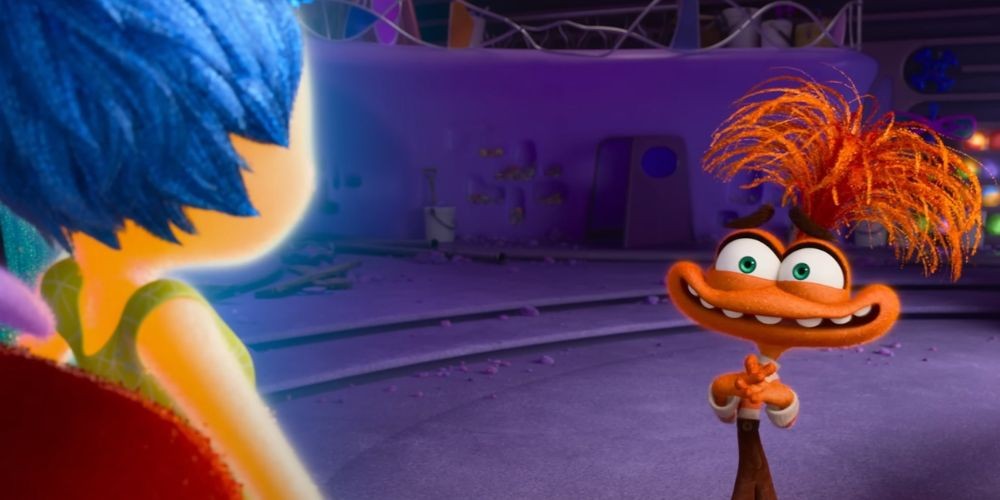
Andrea Datzman's score complemented the film perfectly. The music was poignant where it needed to be and uplifting during moments of joy. This contrast in tone underscored the emotional ups and downs of Riley’s journey, adding an additional layer of immersion to the viewing experience.
Concluding the Journey
"Inside Out 2" was a remarkable journey through the complexities of growing up. Riley's world is more intricate than ever, and the film did an excellent job portraying the emotional turbulence of adolescence. The storyline's depth, combined with stellar animation and memorable voice performances, makes it a worthy sequel to its beloved predecessor.
Pros
- Engaging new emotions that add depth;
- Nuanced portrayal of adolescence;
- Excellent voice performances;
- Stunning animation quality;
- Balanced humor and drama;
- Emotional and psychological depth;
- Relatable teenage dilemmas;
- Realistic and complex depiction of friendships;
- Strong background score;
- A satisfying resolution that reflects personal growth.
Cons
- The complexity of new emotions;
- Predictable plot.
In conclusion, "Inside Out 2" is a testimony to Pixar’s storytelling prowess, seamlessly blending humor and drama to create an enriching cinematic experience. It’s a journey worth taking, offering a compelling exploration of the mind's ever-changing landscape.

